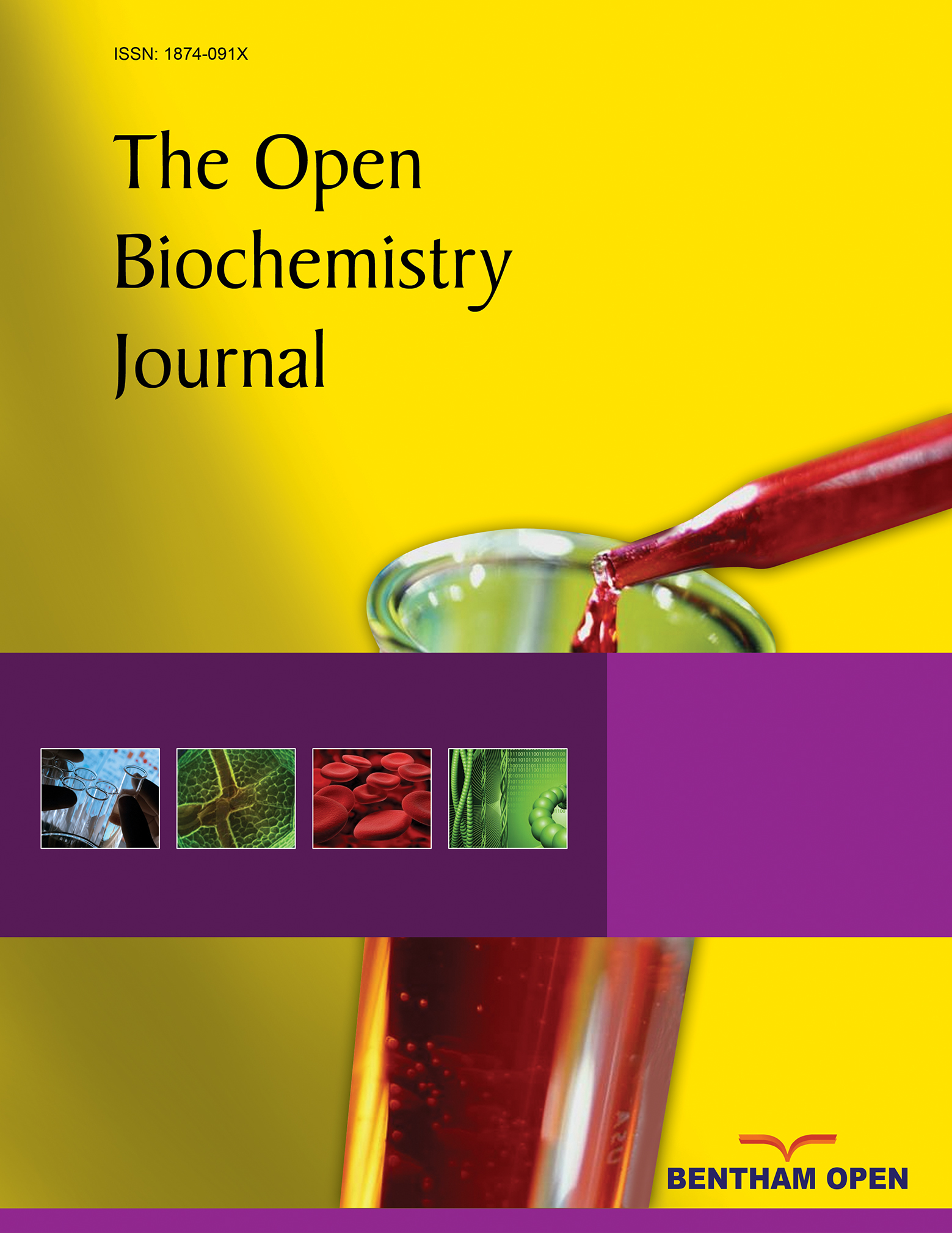All published articles of this journal are available on ScienceDirect.
Hypothetical Two-Step Initiation of Experimental Carcinogenesis by Polycyclic Aromatic Hydrocarbons and Aminoazo Dyes
Abstract
A new hypothesis is discussed, which describes the initiation of the carcinogenesis through polycyclic aromatic hydrocarbons (PAHs) and aminoazo dyes (AZOs) as a two-step process: the oncogenic proteins of the ras or ras-like on-cogenes activated by mutation (“initiation A ”) co-operate with the complexes in the plasma membrane formed during the "initiation B " stage from the parent compounds of the PAHs or AZOs with cholesterol and apolipoprotein A-I. The final result of this co-operation, or the "complete initiation", is an irreversibly modified membrane architecture with negative consequences for growth control.


